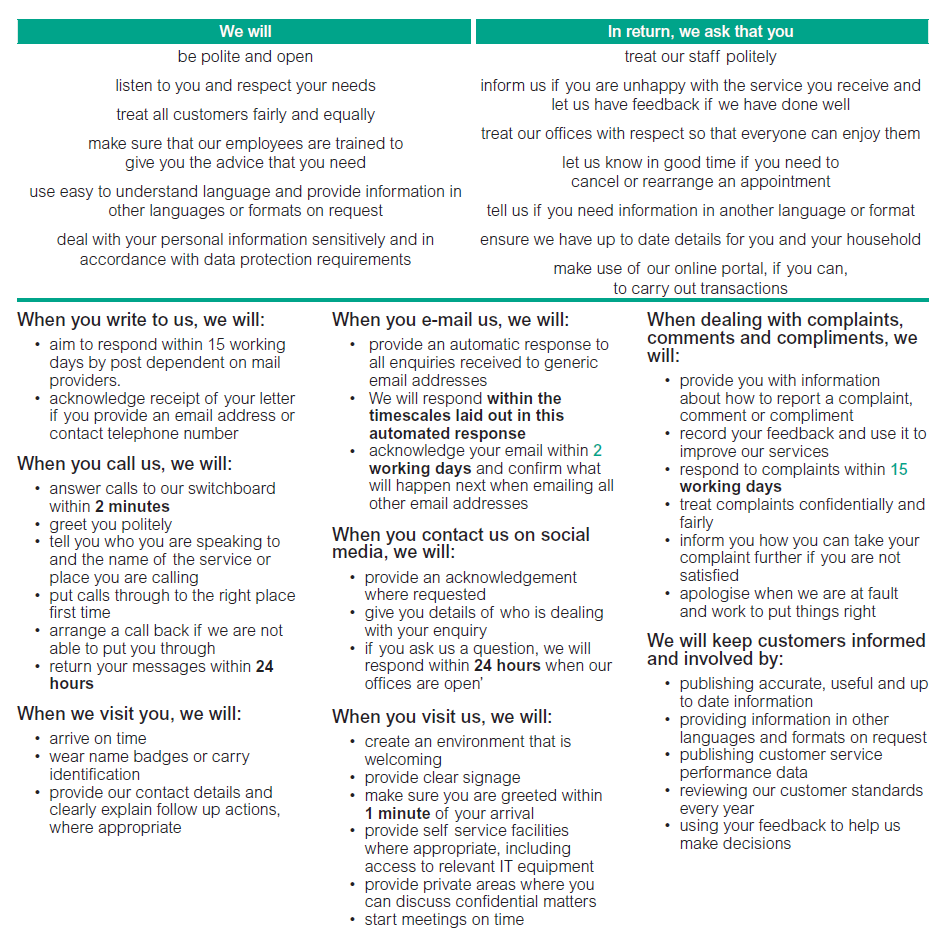According to research by LinkedIn’s The B2B Institute and WARC published in Marketing Week about the “promise to the customer” (PTTC), campaigns that make a direct promise to the consumer are 60% more likely to report increased market share than campaigns that don’t. They are also 17% more likely to report increased market penetration.
From a marketing perspective it certainly looks like making customer promises does drive a positive return. However, I would argue that unless promises are well thought through and are ones an organisation can keep, this may not be true.
It is well documented that promises set expectations and customers, whether consciously or unconsciously, measure the experience against them. If the experience doesn’t match the expectation, a gap occurs and can lead to brand harm.
What constitutes a customer promise, and should organisations worry about the promises they make?
Put simply, a customer promise is a clear statement or reassurance that sets customer expectations. It makes clear the intent that the organisation has in serving its customers, and should define the level and quality of service and experience customers should receive. This could be as straightforward as ‘we promise to deliver your pizza within 20 minutes’ or as complex as a fully-fledged customer experience charter.
And yes, they are important! Any organisation that makes a promise, whether through advertising, messaging or other communication, needs to ensure the business can align to them, that they are consistent, and that, internally, everyone is fully aware of and understands how to deliver them.
The more focus that is given to customer promises, and the more they are embedded as part of organisational strategy and culture, the more customer-centric it’s likely the organisation will be. But does this mean all organisations need a fully defined Customer Charter?
Is a customer charter essential?
We’d argue no, it’s not essential. What is more important is that you are clear on what you are or aren’t promising, and you check that you are meeting the promises you are making. These promises may be on your website, in adverts, in call handling messages, made by employees, in financial reports, in a more formalised INTERNAL or EXTERNAL document, or charter.
However, whilst we say a charter isn’t essential, there are clear advantages that go beyond those discussed in the Marketing Week article. A charter can be very effective, BUT it must be well thought through to give the customer confidence that they are going to receive the service, or product, they expect.
I recently came across a charter published by an organisation in the public sector. It is extensive and should be applauded because the organisation clearly wants to set out a vision of how interactions should look and feel. It has been anonymised to avoid bias and there is no intention of criticism.

Have a look and decide how you feel about the promises made. Are they clear and easy to understand? Do they feel ambitious? Do they give you confidence in the organisation? Perhaps most importantly, would you include all, or any of them, in your organisation’s charter?
What are the practical steps you can take as you work towards developing a charter for your organisation?
- Identify a champion who will own the charter and ensure it is implemented and monitored? E.g. Marketing, CX, Operations, the Board.
- Explore where all your current promises exist (no matter how small) across all the touchpoints, marketing, or communication internally and externally.
- Be clear on what your organisation stands for, its values, and how it wants to appear.
- Look at what other organisations from other industries commit to, and decide which elements suit your organisation and your capacity to deliver.
- Understand your differentiation from your competitors; it can help to clarify what you feel is most important to your customers, understand what constitutes a great customer experience in your market, and define how you believe your employees can deliver these experiences.
Making customer promises you can keep
Once you’ve worked through these preparatory steps, you can start designing your charter. We recommend that you keep the following considerations top of mind:
- Keep it simple and concise; make sure it’s something the entire organisation can understand and deliver on.
- Question whether any promises are ambiguous and make sure they’re clarified. Do they convey what a customer can expect?
- Ensure they can be measured, from both an organisational and customer perspective.
- Ask yourself whether the promises really ‘sell’ the idea that you are delivering an exceptional product or service?
- Ensure you’ve researched what customers want, need, or expect; align your business to this and only promise what your organisation can truly deliver.
- Finally, consider the SMART principle for setting objectives i.e., Specific, Measurable, Achievable, Realistic, and Timely. In reviewing promises or your charter, do they meet this?
We’d love to hear how your organisation has established its customer promises, or about your plans to develop a strategic customer charter. If you need help, a great place to start is our guide on Charting the Route to CX Success.
Written by Paul Kavanagh, Managing Director